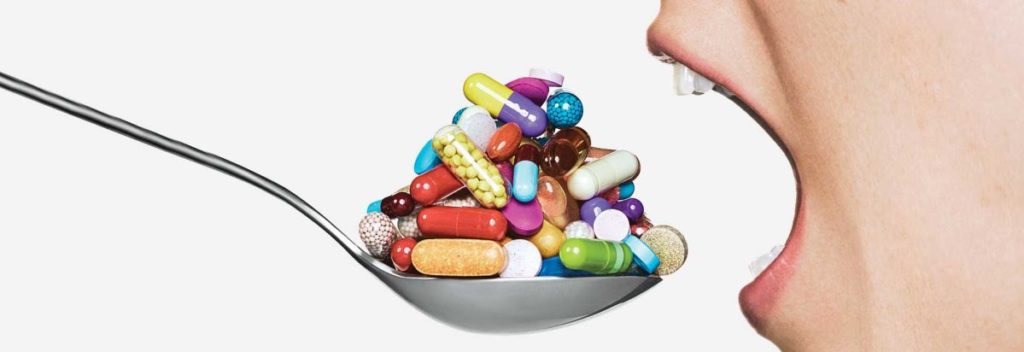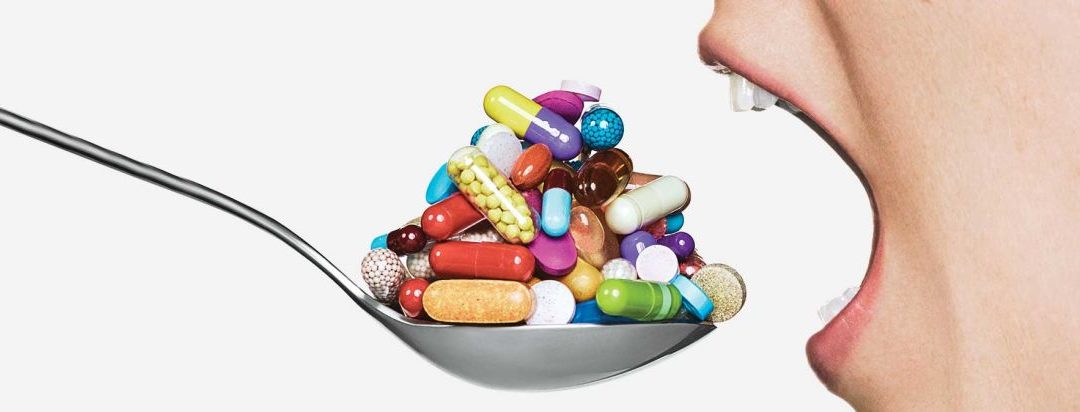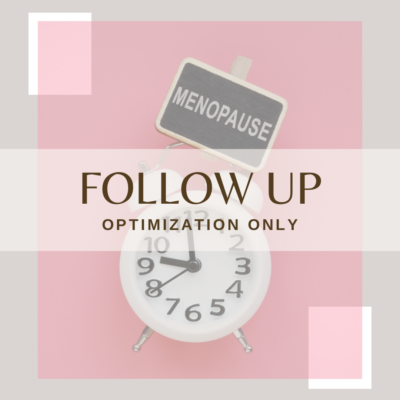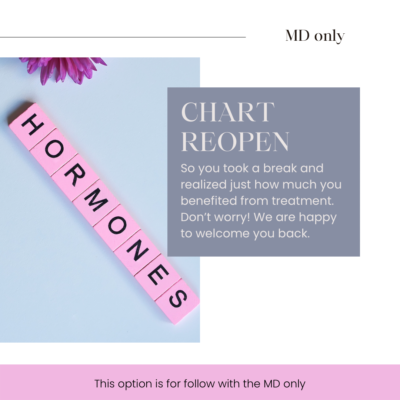
Do Your Supplements Stack Up?
Ok, so you have looked at the label and it has everything that you read you should have based on some blog. Perfect! It’s also got a bunch of words that you really have don’t know what they are (google isn’t much help either). So now what, do you spend that 50, 60 or even 80 dollars on this on this clearly necessary supplement? I mean it must be good right? The label sure makes it sound like its good…
Let me help you out a bit. First off you need to be able to tell the difference between a synthetic vitamin and a natural one. I personally am a fan of the natural ones (100% natural and whole food based when I can get them).
I guess what you want to do first is decide exactly what it is you want, or need. Then we can delve into making these labels are little less ‘complicated’
I’ve gone over various favourites in previous articles like here, and here.
You may have been told that some manufactures add synthetic additives in order to ‘increase the potency’ of specific vitamins and minerals contained in the supplement. Unfortunately what they didn’t tell you was about the coal tar that they were likely derived from – the same ingredient that is a known carcinogen found in cigarette smoke.
Many have heard me talk about swapping synthetic vitamin C (ascorbic acid) over to things like camu camu. Get your vitamins from whole foods, whole food supplements, and super-foods. Whole food B complex powder made from royal jelly is also a great start. Each time you go to replenish your stock try swapping to a better brand, before you know it you will have revamped your entire stash.
Look for buzz words like natural won’t necessarily work due to lax marketing laws. Whole food based is a good alternative. Manufacturers can claim that a product is natural as long as they have at least 10% of that product coming form a natural source. That leaves a large percentage up for grabs to god knows what. I prefer looking for products recognized as ‘100 % plant based’ or ‘100% animal based’ on the label.
What’s the source? You need to flip that bottle to the label and read what the food source of the ingredients would be. for example look for acerola cherry powder or camu camu for vitamin C rather than ascorbic acid. Look for things that name foods, so if the listed vitamin is Vitamin D and the source is also Vitamin D, you are likely getting something synthetic. If you see Vitamin K and the source is marked as parsley then you are getting a real deal, whole foods based version.
There are key words, easy to identify even if you don’t understand all the other chemical names. Look for words that end in ‘ide’ or ‘ate’ those are great indications that something is synthetic. Such as hydrochloride or acetate – those are synthetic. I looked fo some vitamin A the other day and came across palmitate, this means synthetic vitamin A – not ideal.
Not all things synthetic are bad, but there are ones I try to avoid such as:
• Vitamin A: Acetate and Palmitate
• Vitamin B1 (thiamine): Thiamine Mononitrate, Thiamine Hydrochloride (notice the ‘ide)
• Pantothenic Acid: Calcium D-Pantothenate
• Vitamin B6 (Pyridoxine): Pyridoxine Hydrochloride
• B12: cobalamin
• Folic Acid: Pteroylglutamic acid
• Choline: Choline Chloride, Choline Bitartrate
• Vitamin C: Ascorbic Acid
• Biotin: d-Biotin
• Vitamin D: Irradiated Ergosteral, Calciferol
• Vitamin E: dl-Alpha Tocopherol, dl- Alpha tocopherol Acetate or Succinate
Note: the dl form in any vitamin is synthetic
This is why it is so important to speak to a properly trained health care provider, one who isn’t just selling you a supplement because they work in a health food store. Someone who isn’t just selling you a product because they get a commission or it’s an mlm that pays their bills. that’s another thing to mention, don’t buy your supplements at the drug store people! That isn’t where the best supplements are, that’s where the drugs are. Make sure you are seeking the advise of a health care provider before you decide to add anything to your supplement regime, just because something is a ‘natural’ supplement does not mean it can’t have drug interactions.
Lets chat absorption, how you take a supplement should also be based on if your body can absorb properly. Is it your gut that is doing the absorbing or is it actually your small intestine? It stands to reason that if you have Crohn’s, Colitis, or even IBS in general you may have absorption issues. A liquid versions may be better all around if you can find them prime example is much needed vitamin D. Most supplements have been shown to have a low 20% absorption rate, with the exception of more whole food supplements and certain enzymes.
I have a few favourite brands when it comes to whole food based but recently have swapped over to Juice Plus (nope I don’t sell it I bought it off a friend). I have the kids have the gummies and we take the capsules which have 17 fruits and veggies so while I wouldn’t be using it as a substitute for heathy meals I do like that it catches up on the slack I might have in winter months. .






